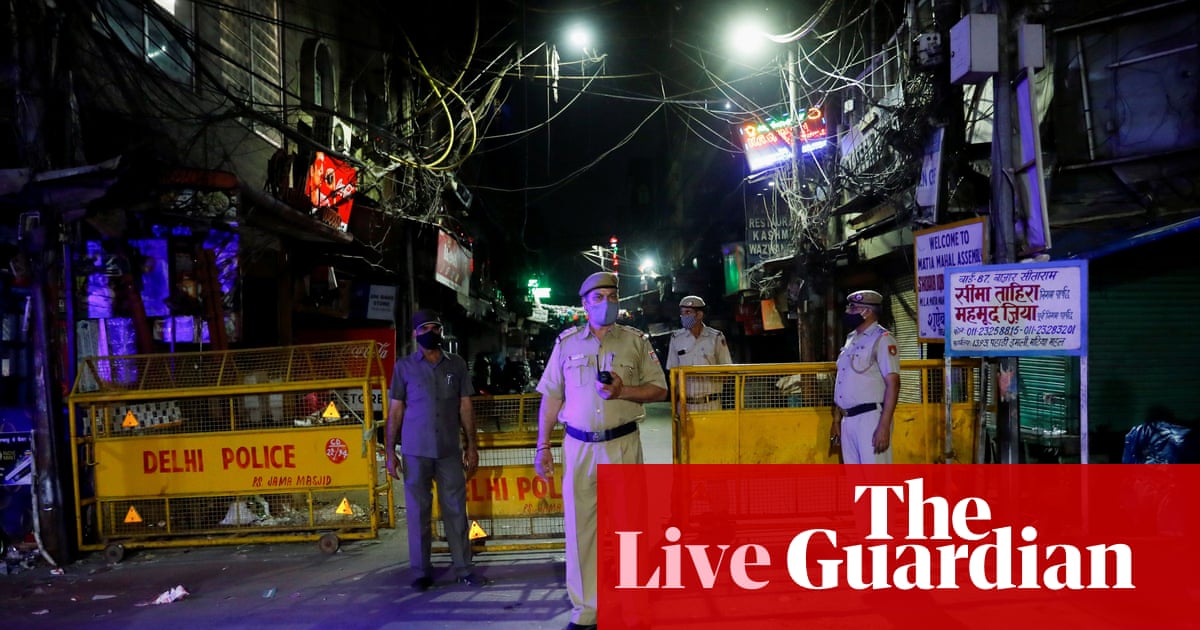
Australia said on Wednesday that the European Union had asked it to withdraw export authorization applications for AstraZeneca PLC’s Covid-19 vaccine, sparking a dispute with Europe over access to pre-purchased vaccines, Reuters reports.
The Australian government has blamed the delay in 3.1 million doses of AstraZeneca, which were to be delivered by the end of March, because it lagged behind in its own vaccination program.
The European Union on Tuesday denied blocking the transport of vaccines to Australia and said it was not responsible for AstraZeneca’s failure to meet commitments to other countries.
The dispute highlights massive shortcomings of the AstraZeneca blow to the EU and the impact of any vaccine export borders on countries that have administered pre-ordered doses.
“The EC argues the semantics, but at the end of the day, all we want is what the Australians have ordered, so we can get more vaccines in arms,” the Australian government said in a statement on Wednesday, referring to the executive branch of the EU, European Commission.
Canberra said the EC had asked Australia to withdraw its export permit applications and that AstraZeneca told Canberra that it had failed to obtain an export license from Europe to send the pre-purchased doses to Australia.
“The EC has been absolutely clear in their public and private statements that no more doses of (AstraZeneca vaccine) need to be issued until their own orders are fulfilled,” Canberra said.
Australia received an initial delivery of 300,000 doses of AstraZeneca vaccine in late February, which it said was the last to be received. It also imported vaccine doses from Pfizer Inc.
The AstraZeneca vaccine arriving from Europe was to form the basis of the first stages of Australia’s vaccination action, supplementing 50 million vaccines that will be produced locally by CSL Ltd.
Australia has recorded only 909 Covid-19 deaths since the pandemic began, a small number compared to most nations.
But its inoculation program is being carried out with just 670,000 people vaccinated against an initial target of 4 million by the end of March.
AstraZeneca did not immediately respond to a request for comment Wednesday.